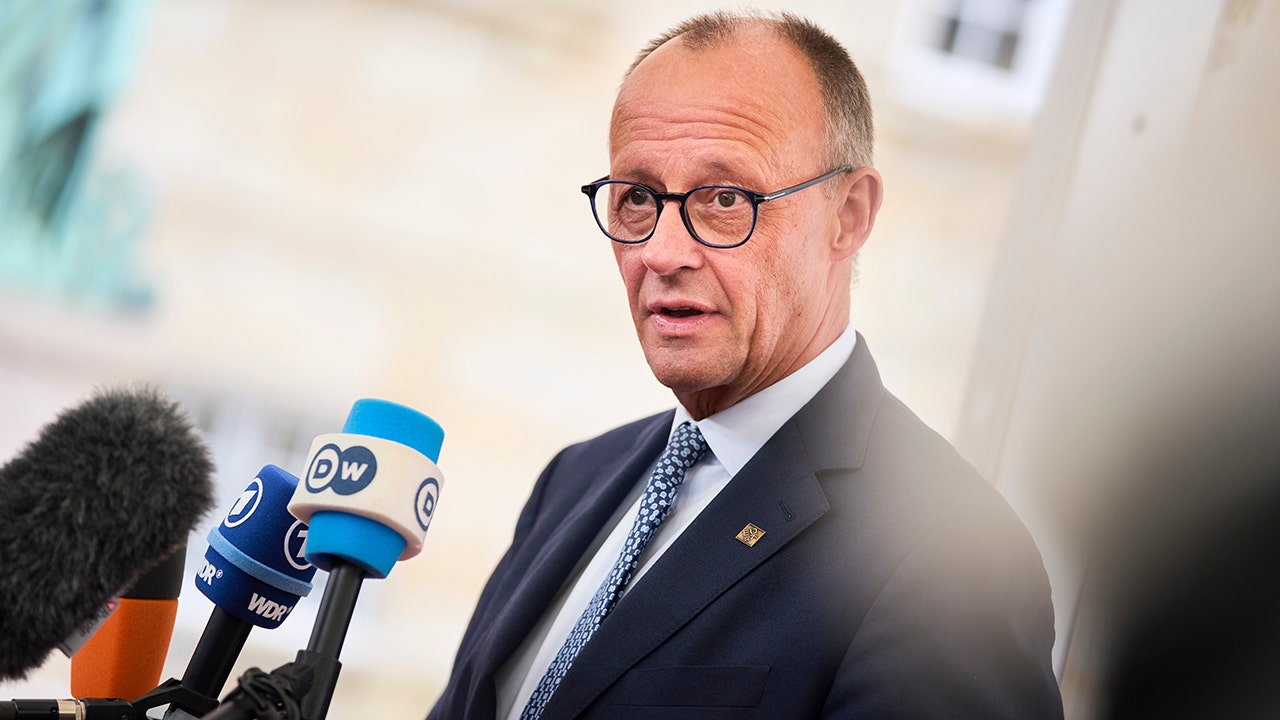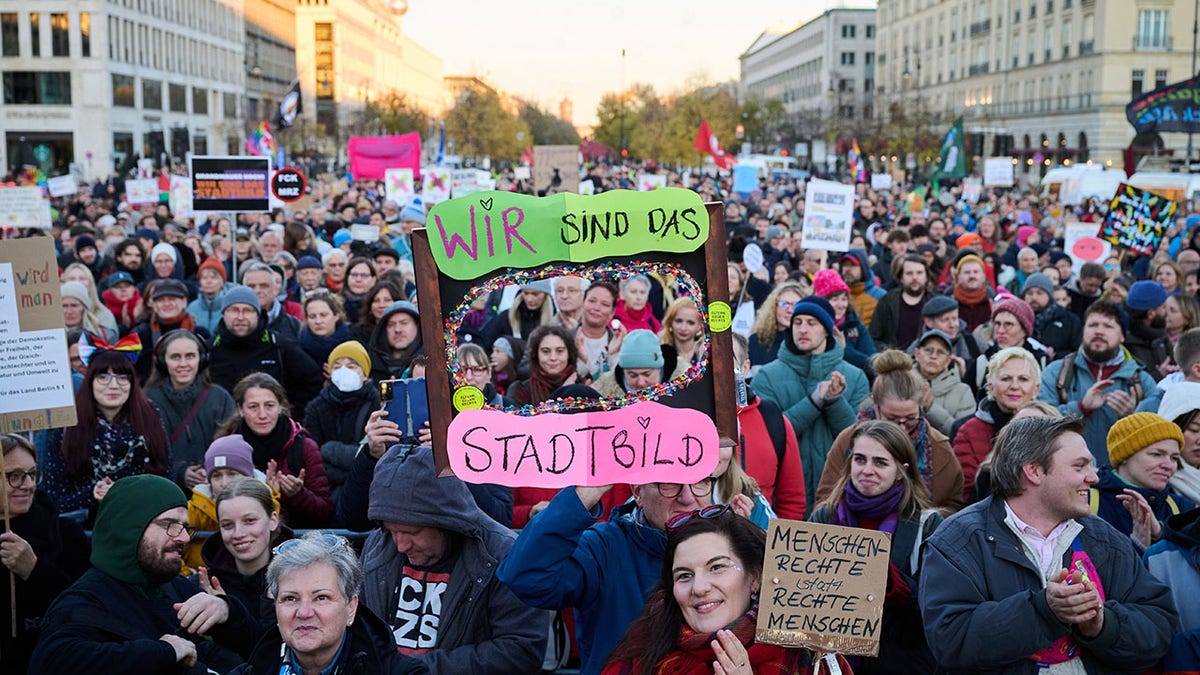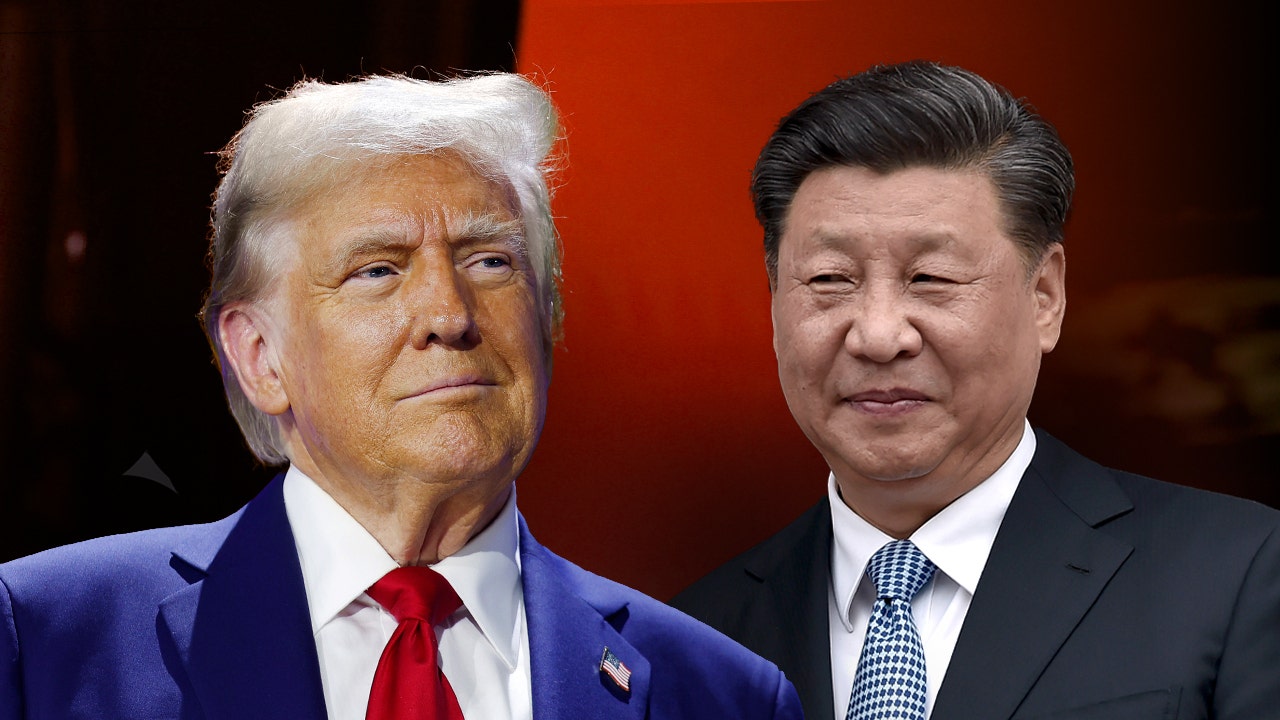- LATEST DEVELOPMENTS:
- US opposes ceasefire, wants consideration of humanitarian pause
- Eight aid trucks enter Gaza with water, food and medicine
- US Secretary of State Blinken says Gazans must be protected
- Says they’re not to blame for Hamas ‘carnage’ against Israel
World
‘Humanitarian pause’ in Hamas-Israel war is urged to aid Gaza civilians
/cloudfront-us-east-2.images.arcpublishing.com/reuters/U3FGJU4UU5OEBOCV6Y46TRPL3Y.jpg)
GAZA/JERUSALEM, Oct 24 (Reuters) – The United Nations, United States and Canada appealed on Tuesday for a humanitarian pause in the Israel-Hamas war to allow safe deliveries of aid to civilians short of food, water, medicine and electricity in the Israeli-besieged Gaza Strip.
International pressure for unimpeded aid to Gaza rose as the health ministry in the Hamas-ruled coastal territory said Israeli air strikes had killed more than 700 Palestinians overnight. Ministry spokesman Ashraf Al-Qidra said this was the highest 24-hour death toll in Israel’s two-week-old siege.
U.N. agencies were pleading “on our knees” for emergency aid to be let into Gaza unimpeded, saying more than 20 times current deliveries were needed to support the narrow strip’s 2.3 million people amid widespread devastation from Israel’s aerial blitz.
Eight trucks containing water, food and medicine entered the Gaza Strip from Egypt late on Tuesday, the Palestinian Red Crescent said.
The United States is negotiating with Israel, neighbouring Egypt and the U.N. to smooth emergency deliveries into Gaza, but have wrangled over procedures for inspecting the aid and over bombardments on the Gaza side of the border.
“While we remain opposed to a ceasefire, we think humanitarian pauses linked to the delivery of aid that still allow Israel to conduct military operations to defend itself are worth consideration,” a senior U.S. official said.
Jordanian Foreign Minister Ayman Safadi said after a United Nations Security Council meeting that Israel appeared to be above international law and urged an end to what he termed “double standards” in dealing with the Gaza conflict.
In a statement released on social media, the Palestinian health ministry said at least 5,791 Palestinians had been killed by Israeli bombardments since Oct. 7, including 2,360 children. Some 704 were killed in the previous 24 hours alone, it said.
Reuters could not independently verify the ministry figures.
ISRAEL HITS HAMAS TARGETS
The Israeli military said that it killed dozens of Hamas fighters overnight while hitting over 400 Hamas targets, but that it would take time to destroy the Islamist militant group whose deadly cross-border attack on Oct. 7 stunned Israel.
U.N. Secretary-General Antonio Guterres pleaded on Tuesday for civilians to be protected, voicing concern about “clear violations of international humanitarian law” in Gaza.
U.S. Secretary of State Antony Blinken told the Security Council: “Palestinian civilians are not to blame for the carnage committed by Hamas,” referring to the militants’ killing of 1,400 people, mainly civilians, and capture of over 200 in a one-day rampage through Israeli communities near Gaza.
“Palestinian civilians must be protected. That means Hamas must cease using them as human shields … It means Israel must take all possible precautions to avoid harm to civilians,” Blinken said.
Canadian Prime Minister Justin Trudeau echoed Blinken.
“There are a lot of conversations going on now about the need for humanitarian pauses and I think that’s something Canada supports,” he told reporters in Ottawa. “We must remain anchored on the priorities of protecting innocent (people) and freeing the hostages.”
The World Health Organization, in the latest of increasingly desperate U.N. appeals, called for “an immediate humanitarian ceasefire” to prevent food, medicines and fuel supplies from running out in Gaza.
HOSPITALS RUNNING OUT OF FUEL
Doctors in Gaza say patients arriving at hospitals are showing signs of disease caused by overcrowding and poor sanitation after more than 1.4 million people fled their homes for temporary shelters under Israel’s heaviest-ever bombardment.
[1/25]Palestinians carry a child at the site of an Israeli strike on a house, in Khan Younis, in the southern Gaza Strip, October 24. REUTERS/Ibraheem Abu Mustafa Acquire Licensing Rights
All hospitals say they are running out of fuel to power their electricity generators, leaving them increasingly unable to treat the injured and ill. More than 40 medical centres have halted operations, a health ministry spokesman said.
UNRWA, the U.N. agency for Palestinian refugees, warned in a post on messaging platform X that it would halt operations in Gaza on Wednesday night because of the lack of fuel.
However, the Israeli military reaffirmed it would bar the entry of fuel to prevent Hamas from seizing it.
DON’T FIGHT WAR ‘WITHOUT RULES’, MACRON URGES ISRAEL
French President Emmanuel Macron, visiting Israel on Tuesday, told Prime Minister Benjamin Netanyahu that France stood “shoulder to shoulder” with Israel in its war with Hamas but that it must not fight “without rules”.
Netanyahu said Israel would try to protect civilians as it worked to ensure they “will no longer live under Hamas tyranny”.
There appeared to be little prospect of a ceasefire any time soon in the bloodiest chapter of the Israeli-Palestinian conflict for decades, with civilian suffering spreading.
After an air strike in Khan Younis in south Gaza, Abdallah Tabash held his dead daughter Sidra, refusing to let go as he held her bloodstained face and hair. “I want to look at her as much as I can,” he said.
Israeli tanks and troops are massed on the border between Israel and Gaza awaiting orders for an expected ground invasion. It is an operation that may be complicated by fears for the hostages’ welfare and by militants heavily armed by Iran dug into a crowded urban setting using a vast network of tunnels.
‘I’VE BEEN THROUGH HELL’
Hamas on Monday freed two Israeli women who were among the more than 200 hostages taken by gunmen during their mass infiltration on Oct. 7 – the third and fourth to be released.
One of those freed, Yocheved Lifshitz, 85, said she was beaten by militants as she was abducted and had difficulty breathing. “They stormed into our homes. They beat people. They kidnapped others, the old and the young without distinction,” she said, seated in a wheelchair and speaking in barely a whisper to reporters outside a Tel Aviv hospital.
“I’ve been through hell,” Lifshitz said.
Inside Gaza, a group of hostages were led into what Lifshitz called a “spider’s web” of damp tunnels and eventually reached a large hall where, under 24-hour guard, a doctor visited every other day and brought them medicines they needed.
DIPLOMACY TO STOP CONFLICT SPREADING
As part of the diplomacy to prevent the conflict from spreading, U.S. President Joe Biden and Saudi Arabian Crown Prince Mohammed bin Salman spoke by phone on Tuesday.
They agreed on pursuing broader diplomatic efforts “to maintain stability across the region and prevent the conflict from expanding,” the White House said, adding the two leaders would coordinate closely.
Deadly clashes have intensified between the Israeli military and Palestinians in the occupied West Bank, and resurged between Israel and Lebanon’s Iran-backed, heavily armed Hezbollah group along the two countries’ tinderbox border.
Fears of regional conflict focus on Iran’s network of proxies in Syria, Iraq and Yemen. Any wider conflagration would jeopardise security in a region key to global energy supplies.
Reporting by Nidal al-Mughrabi in Gaza and Ari Rabinovitch in Jerusalem; Additional reporting by Matt Spetalnick, Steve Holland, Rami Ayyub, Doina Chiacu, Susan Heavey and Humeyra Pamuk in Washington; Dan Williams and Emily Rose in Jerusalem; Moaz Abd-Alaziz in Cairo; Writing by Michael Perry, Angus MacSwan, Mark Heinrich and Grant McCool; Editing by Philippa Fletcher and Howard Goller
Our Standards: The Thomson Reuters Trust Principles.

Continue Reading
World
ExxonMobil sues California over climate disclosure laws
Exxon Mobil Corporation is suing the state of California over a pair of 2023 climate disclosure laws that the company says infringe upon its free speech rights, namely by forcing it to embrace the message that large companies are uniquely to blame for climate change.
The oil and gas corporation based in Texas filed its complaint Friday in the U.S. Eastern District Court for California. It asks the court to prevent the laws from going into effect next year.
In its complaint, ExxonMobil says it has for years publicly disclosed its greenhouse gas emissions and climate-related business risks, but it fundamentally disagrees with the state’s new reporting requirements.
The company would have to use “frameworks that place disproportionate blame on large companies like ExxonMobil” for the purpose of shaming such companies, the complaint states.
Under Senate Bill 253, large businesses will have to disclose a wide range of planet-warming emissions, including both direct and indirect emissions such as the costs of employee business travel and product transport.
ExxonMobil takes issue with the methodology required by the state, which would focus on a company’s emissions worldwide and therefore fault businesses just for being large as opposed to being efficient, the complaint states.
The second law, Senate Bill 261, requires companies making more than $500 million annually to disclose the financial risks that climate change poses to their businesses and how they plan to address them.
The company said in its complaint that the law would require it to speculate “about unknowable future developments” and post such speculations on its website.
A spokesperson for the office of California Gov. Gavin Newsom said in an email that it was “truly shocking that one of the biggest polluters on the planet would be opposed to transparency.”
World
German chancellor defends remarks on migrants suggesting citizens ‘afraid to move around in public spaces’

NEWYou can now listen to Fox News articles!
German Chancellor Friedrich Merz has doubled down on comments he made about migration, saying many Germans and Europeans are “afraid to move around in public spaces.”
Merz has rejected criticism from some German political circles over his government’s tough stance on illegal immigration.
“But we still have this problem in the cityscape, of course, and that’s why the federal interior minister is facilitating and carrying out large-scale deportations,” he said during a visit to Potsdam last week.
GERMANY BRACES UNDER COLLAPSING GOVERNMENT AND LOOMING TRUMP TRADE WAR
German Chancellor Friedrich Merz sparked backlash while remarking about the country’s migration policies. (Thomas Traasdahl/Ritzau Scanpix via AP)
The statement prompted backlash, some accusing the German leader of being racist. He rejected the criticism while on the sidelines of a summit on the Western Balkans in London, saying migrants were “an indispensable part of our labor market,” German-based DW News reported.
He also claimed that many people in Germany and across Europe are nonetheless “afraid to move around in public spaces” because of migrants “who do not have permanent residence status, do not work and do not abide by our rules,” the outlet reported.
MD GOV DEFENDS $190K TRUMP-CENTRIC IRISH CONSULTANT CONTRACT AS POTUS MOVES IN NEXT DOOR

Numerous demonstrators gather for a demonstration in Berlin Oct. 19, 2025, with the slogan “Brandmauer hoch!” (“We are the cityscape”), referring to a statement made by Chancellor Merz in reference to migration policy. (Annette Riedl/picture alliance via Getty Images)
“I don’t know whether you have children. If you do, and there are daughters among them, ask your daughters what I might have meant. I suspect you’ll get a pretty clear and unambiguous answer. There’s nothing I need to retract,” he said when asked if he would withdraw his earlier remarks.
Some have signed a petition disputing Merz’s comments. The signees include actor Marie Nasemann and environmental activist Luisa Neubauer.
“There are approximately 40 million daughters in this country. We have a genuine interest in ensuring that our safety is taken seriously,” Neubauer wrote on Instagram. “What we are not interested in is being misused as a pretext or justification for statements that were ultimately discriminatory, racist and deeply hurtful.”
World
Slovakia's Robert Fico in talks with Viktor Orbán about his Smer party joining Patriots for Europe
Viktor Orbán’s political advisor, Balázs Orbán, told Euronews that the two Prime Ministers are discussing his Smer party joining the Patriots for Europe. If Fico joins, the Patriots could add two new prime ministers, including the Czech Republic Andrej Babiš.
-

 World5 days ago
World5 days agoIsrael continues deadly Gaza truce breaches as US seeks to strengthen deal
-

 News4 days ago
News4 days agoVideo: Federal Agents Detain Man During New York City Raid
-

 Technology5 days ago
Technology5 days agoAI girlfriend apps leak millions of private chats
-

 News5 days ago
News5 days agoBooks about race and gender to be returned to school libraries on some military bases
-

 News5 days ago
News5 days agoTrump news at a glance: president can send national guard to Portland, for now
-

 New York2 days ago
New York2 days agoVideo: How Mamdani Has Evolved in the Mayoral Race
-

 Politics5 days ago
Politics5 days agoTrump admin on pace to shatter deportation record by end of first year: ‘Just the beginning’
-

 Business5 days ago
Business5 days agoUnionized baristas want Olympics to drop Starbucks as its ‘official coffee partner’














